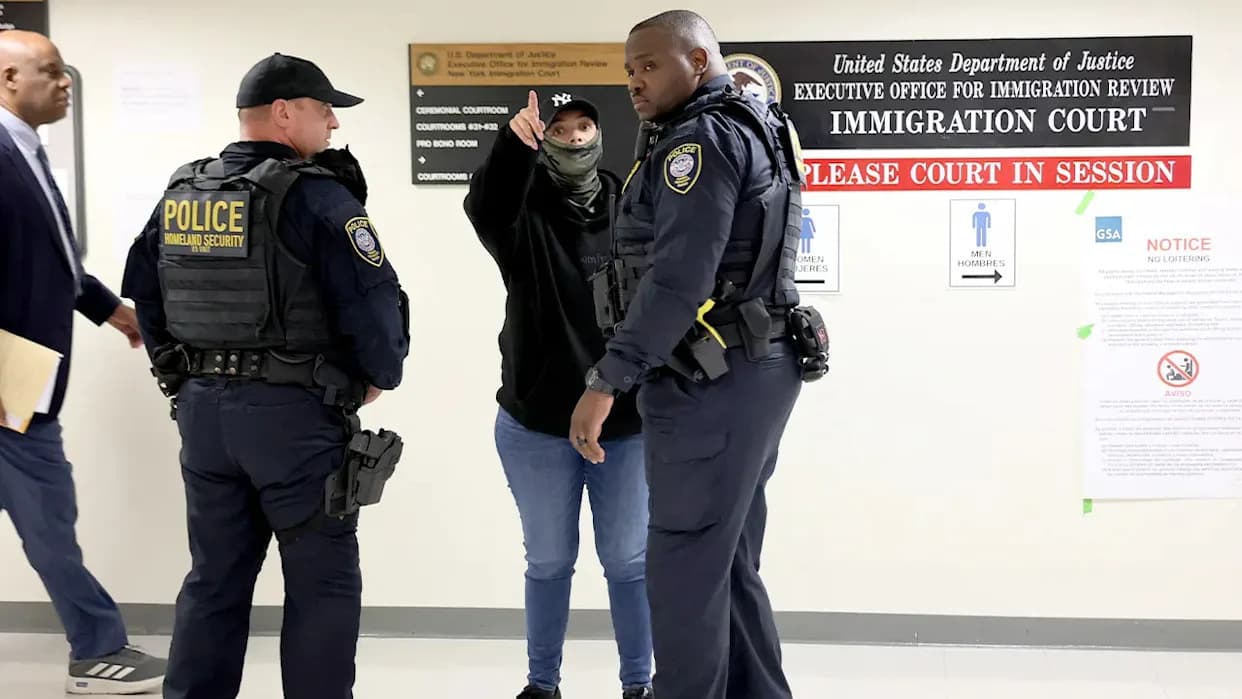A federal appeals court has temporarily blocked the release of hundreds of immigrants who were arrested during a Department of Homeland Security operation in the Chicago area earlier this year.
Last Wednesday, U.S. District Judge Jeffrey Cummings ordered the administration to release hundreds of detainees on $1,500 bonds after finding the arrests violated a local consent decree that bars warrantless arrests of immigrants. The judge's order prompted the Department of Justice to submit a list of more than 600 detainees for review.
Details from the DOJ filing
The DOJ list identified just a fraction of detainees as “high risk” and provided criminal-history details for only 16 individuals. Those records included convictions or arrests for offenses such as aggravated assault, driving under the influence, indecent exposure, battery, enticement of a minor and kidnapping. A review of the filing shows some migrants arrested in the Chicago-area operation were transferred to detention facilities as far away as Texas and Kentucky.
Appeals court action and legal arguments
On Thursday, the U.S. Court of Appeals for the Seventh Circuit sided with the federal government and issued a temporary stay preventing the planned releases. In asking the appeals court to pause the releases, the government argued that Judge Cummings’ order misapplied the law, exceeded the scope of the consent decree and the court’s equitable authority, and interfered with immigration officers’ ability to carry out their duties. The appeals court’s order did not include an explanation for the pause.
Uncertain outcomes for detainees
Even after the district court’s ruling opened the possibility of release, the fate of many detainees remained uncertain. Several people arrested filed individual challenges in court, some detainees were already released, and attorneys reported uncertainty about how the district ruling would affect clients who were transferred outside the judge’s jurisdiction.
The class-action plaintiffs are represented by the National Immigrant Justice Center and the American Civil Liberties Union. Oral arguments in the appeal are scheduled for December 2.
Key point: The Seventh Circuit’s temporary stay halts the planned release of hundreds of detainees after a district judge found the arrests violated a local consent decree; the appeals court provided no immediate explanation and will hear arguments on December 2.





























